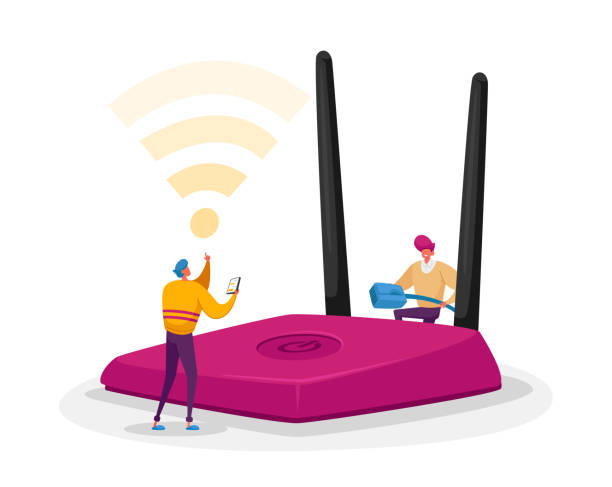It is not a simple process to choose the best wireless router. Many brands and models may be chosen, each with its own distinct characteristics.
If you want your Wi-Fi network to be quick, dependable, and secure, you need a decent wireless router. But how can you identify the one that meets your requirements best?
This tutorial will help you understand what makes large wireless routers distinct from each other by describing the aspects.
We will also inform you of some of the key features that all future buyers should take into account before choosing.
Stop for a moment, and think about what’s ideal for your needs before you go out and buy the first router that seems nice. The more time you spend exploring all of the possibilities before you buy, the better – after all, you are talking about your personal Internet connection!
Wireless router buying guide: 8 most important things you should consider
You need to consider various factors that all play a part in determining how good the wireless router will be for you. Here are 10 of the most important ones:
1. The number of devices connected to the Wi-Fi network
It is very vital for you to have a strong and consistent signal when you use your wireless router to connect many devices. The more equipment (and the more distant they are), the stronger and more powerful device you want to connect to your network at the same time.
2. Connection type
Wireless routers support two different types of connections. You should be familiar with both types before making any purchase decision, as the difference between these two will determine what devices you can connect to your wireless network and how many at once. The two connection types are:
– “B, G or a/b/g”: older standard that supports slower data transfer speeds (max 54 Mbps) and is not ideal for video streaming on multiple devices
– “N”: latest standard that supports faster data transfer speeds (up to 300 Mbps) and is great for video streaming on multiple devices
3. The area you want your wireless network to cover
The appropriate router will let you wherever in your house or business to access the internet, while a wrong pick might make the signal hard for your device. Depending on its power the range of a wireless router (measured in decibels, or dBm).
4. Don’t consider router naming conventions when purchasing a router
Some producers and merchants are describing the capacity of the product with their own naming standards. The names AC1200, AC1750, etc. can be seen. These descriptions might seem impressive, but when attempting to determine which is faster or better they have little practical value.
The best method to confirm this is through independent, third-party benchmarking testing. Look at the wifi router on one of these websites for information on how it works:
5. Security features
Make sure that you have certain security components in your new wireless router, just WEP encryption. This implies that nobody can join to your local network, which is perfect for most home users, without permission. Some routers have WPA (safer), or even WPA2 encryption (most secure).
6. Parental controls
You will see a model with parental controls that allow you to regulate different sorts of internet material if you are the main user of a Wifi router and want to limit what your children look at. Some sorts of sites and/or material should be blocked.
Final Words
Wireless routers are rather easy, yet there is more to be done than the eye meets. When you compare them, you must look at several variables and make sure that your purchase is what you need to do. A decent wireless router enables you to access the internet without problems on numerous devices throughout your house or business. It is thus necessary to take into account the number of devices to which you want to connect and the area you require them.
















